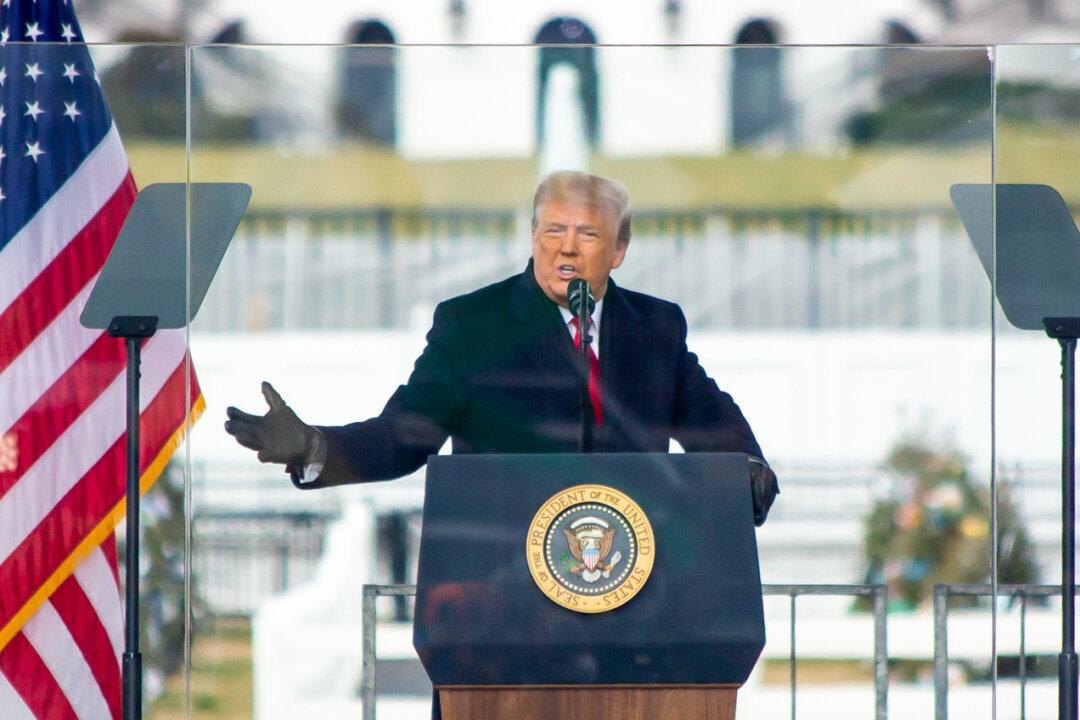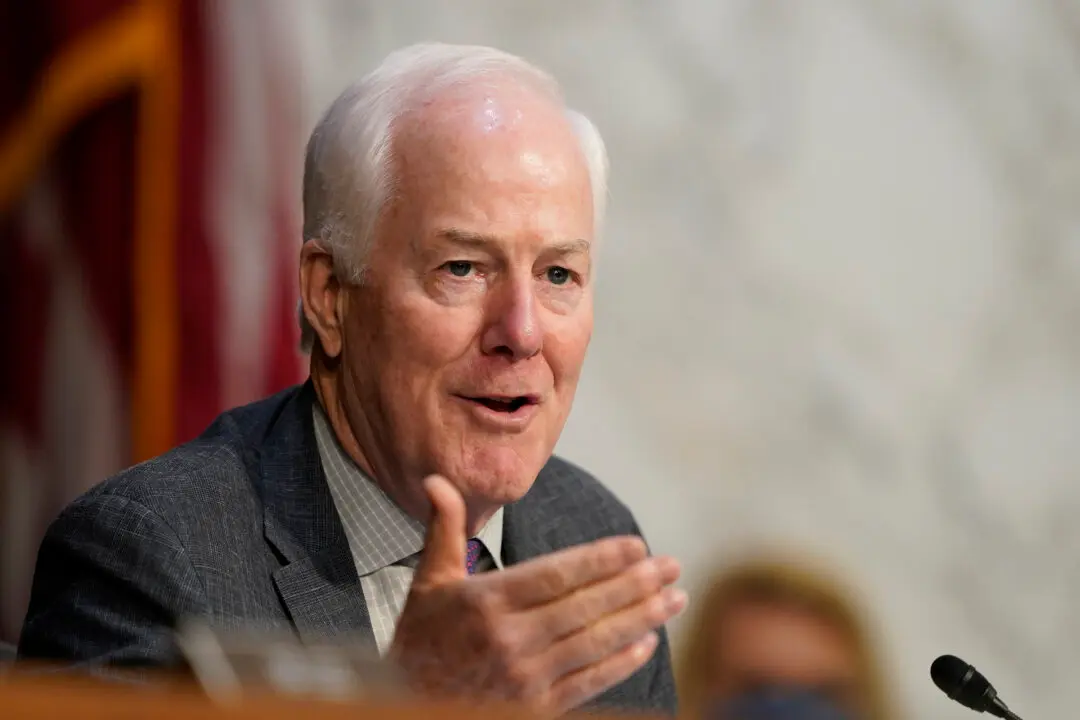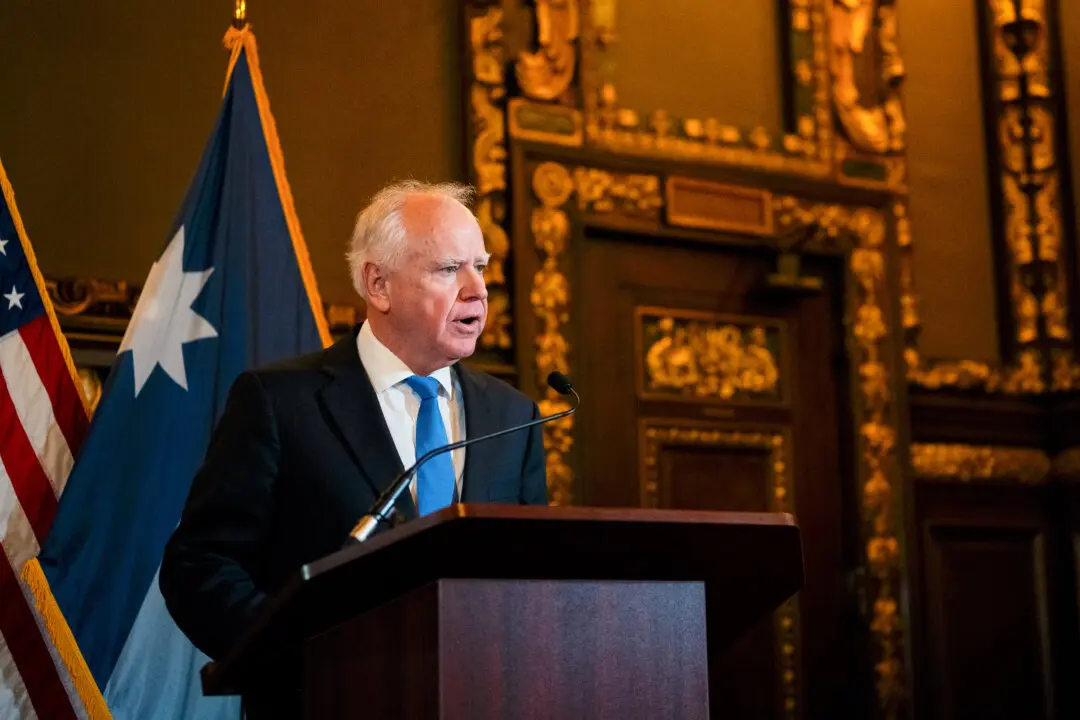Former President Donald Trump says he has no regrets for his response to two major crises: the COVID-19 pandemic in 2020–21 and the U.S. Capitol breach on Jan. 6, 2021.
Trump also said he is unsure whether America is ready to impose the death penalty on drug dealers, although that drastic step would eradicate the nation’s drug problem.





